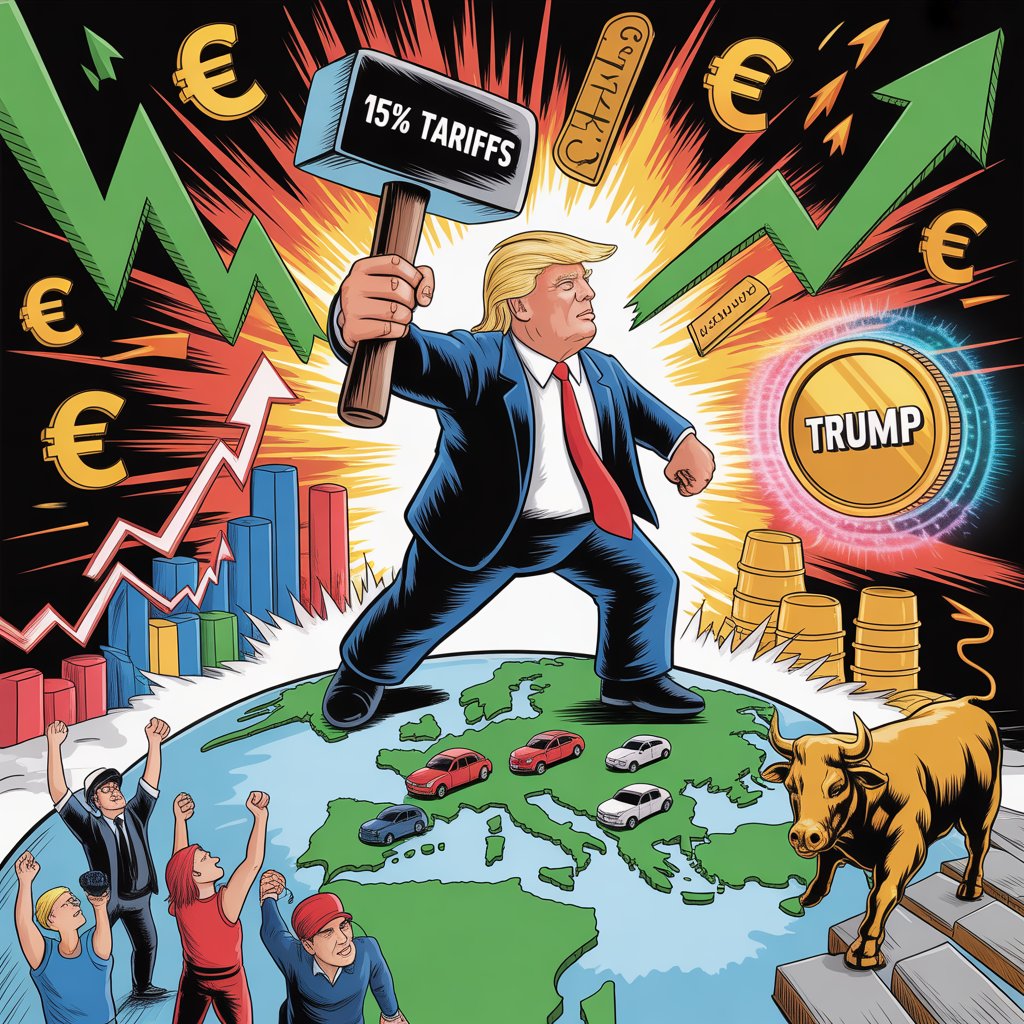As the global digital asset landscape continues to evolve, the West African nation of Ghana is preparing to take a significant step forward in the regulatory sphere. The Governor of the Bank of Ghana (BoG), Mr. Johnson Asiama, announced in a recent meeting with the International Monetary Fund (IMF) that Ghana plans to implement a full legal and regulatory framework for cryptocurrencies and other digital assets by December 2025.
A Balanced Strategy: Consumer Protection Meets Innovation
In his remarks, Governor Asiama emphasized that the forthcoming regulatory regime aims to strike a delicate balance: safeguarding consumers while also encouraging innovation. This dual ambition reflects a broader international shift—authorities increasingly recognize the need to provide legal clarity around crypto-assets, both to protect retail participants and to create an environment conducive to institutional investment.
The announcement underscores Ghana’s recognition of cryptocurrencies’ growing role in its domestic financial landscape. With over 3 million cryptocurrency users reportedly active in the country, Ghana appears eager to transform its largely informal crypto market into a transparent, regulated system.
The Key Components of the Upcoming Framework
According to the announcement, the new regulation will include several major elements:
-
Licensing requirements for firms offering digital-asset services, thereby creating a formal channel for market participants.
-
Stricter compliance obligations, designed to align with global standards in areas such as anti-money-laundering (AML) and counter-terrorism financing (CTF) controls.
-
Emphasis on investor protection, including clear rules around transparency and risk disclosure. It signals Ghana’s intent to avoid the pitfalls seen in less regulated markets.
-
A vision to promote financial stability, ensuring that digital-asset growth doesn’t undermine the broader banking and payments ecosystem.
Why December 2025? Why Now?
The timing of the launch—December 2025—suggests that Ghana is giving itself a window to develop a well-thought-out legal framework rather than rushing regulation through. By aligning with global regulatory trends, Ghana hopes to position itself as a competitive and transparent hub for digital assets in Africa.
Moreover, the country’s ambition to attract more institutional investment in crypto (as noted in the announcement) highlights a strategic dimension: regulated markets typically are more attractive to institutional funds, which often require robust legal frameworks and risk controls.
Implications for Ghana and Beyond
For Ghana’s domestic market, the new regulation could have several implications:
-
It may strengthen consumer confidence, making more Ghanaian individuals willing to participate in crypto markets under the umbrella of legal protection.
-
Increased regulatory clarity could spur innovation, as firms feel more secure in launching new digital-asset services, products and platforms.
-
As Ghana raises its regulatory standards, the country may become more integrated in global crypto flows, potentially attracting fintech companies, exchanges or investment.
On the flip side, some risks and challenges remain:
-
Firms currently operating in less-regulated environments may face higher compliance costs or may be forced to exit the market if they cannot meet licensing or compliance requirements.
-
If regulation is too rigid, Ghana risks stifling innovation or pushing activity underground, undermining the goal of transparency.
-
The success of the policy will depend heavily on implementation, regulatory enforcement capacity, and coordination between financial, tax, and technology regulators.
A Broader Regional and Global Context
Ghana’s announcement comes against a backdrop of increasing regulatory attention to cryptocurrencies worldwide. From the U.S. to the EU, regulators are grappling with how to integrate digital assets within financial-services frameworks. Ghana’s motion suggests that African regulators, too, are moving from laissez-faire approaches toward structured regulation.
By adopting licensing and compliance obligations, Ghana appears to align with global best practices in crypto-asset governance. This alignment may also enable Ghana to engage more effectively with international bodies and cross-border regulatory initiatives.
Conclusion
In summary, Ghana is gearing up to launch a comprehensive regulatory framework for cryptocurrencies by December 2025. With more than three million crypto users and growing interest in digital-asset innovation, the country is signalling its intent to both protect consumers and encourage the next wave of fintech growth.
Of course, the real outcome will depend on how well the policy is designed and executed. But if Ghana gets it right, it could set a meaningful precedent for African crypto regulation—offering a model balancing consumer protection, innovation, and global integration.




